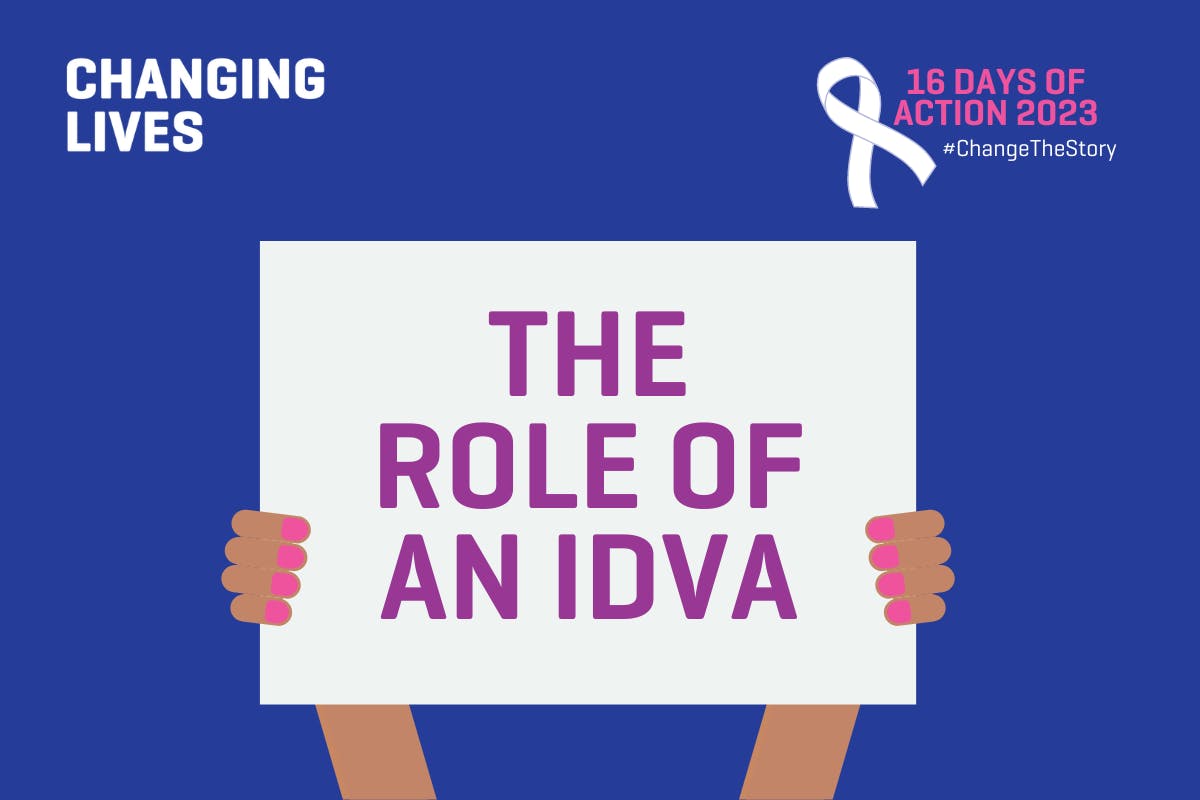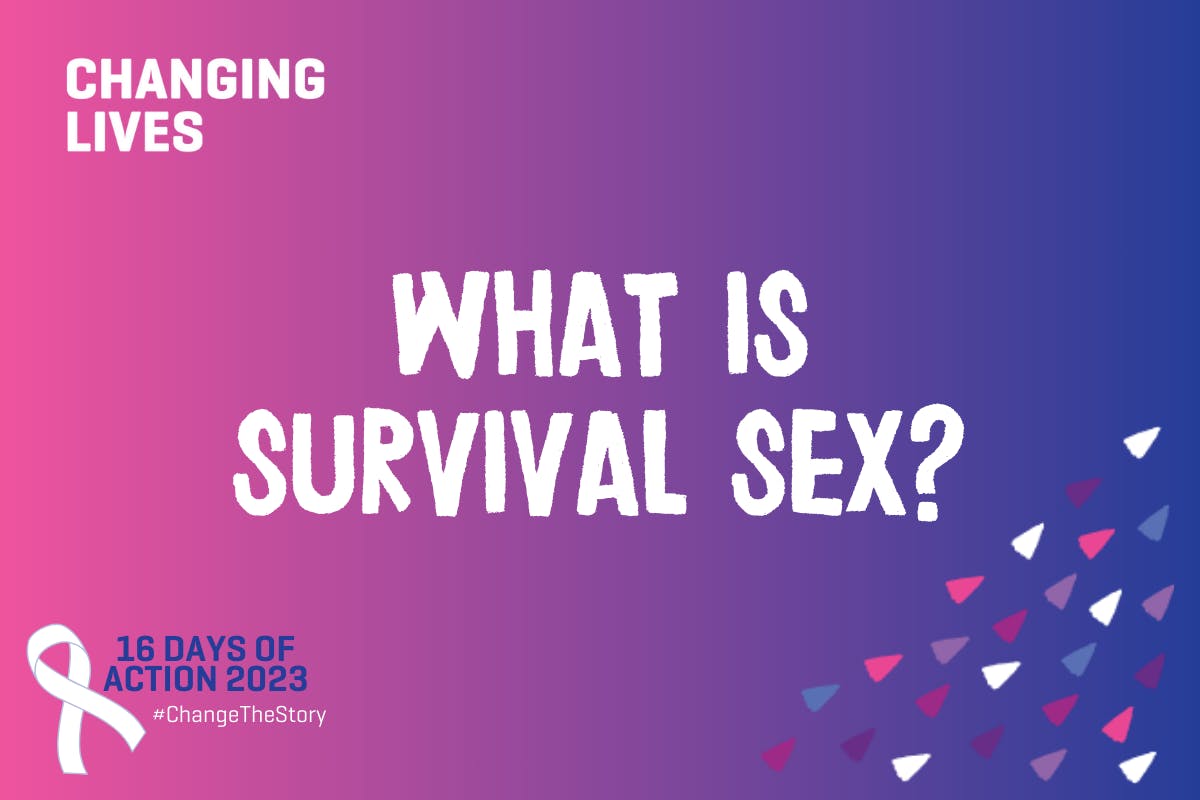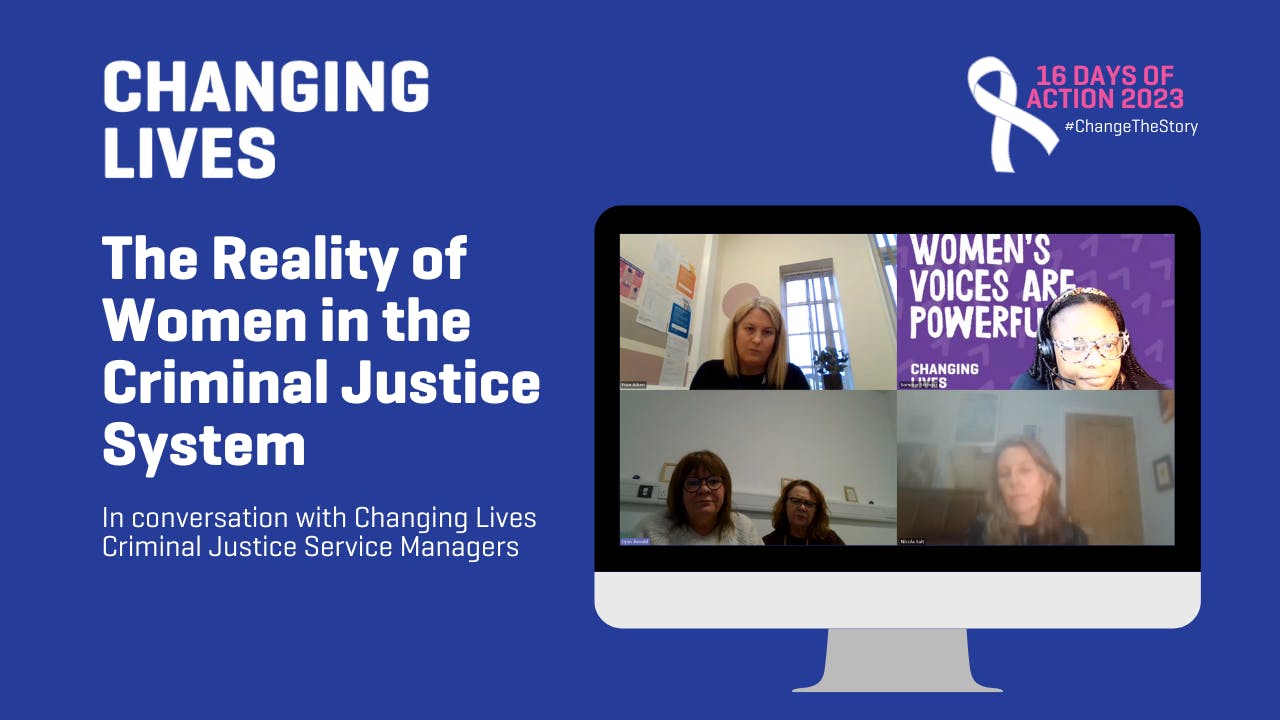Marking Day 12 of the 16 Days of Action 2023, Service manager Nichola David talks about the role of the IDVA to advocate for people facing domestic abuse to #ChangeTheStory for women.
At NIDAS we provide non-judgemental support. We listen, we respond, we give people choice and provide information so that people can make informed decisions. Our holistic support is centred on the needs of the people we support.
We are not part of the police, courts or social services which means that we are independent and our aim is to help people through a difficult time whilst helping to make them and their children safer. Another important aspect of our service is that engagement must be voluntary.
We recognise the importance of partnership work, that we cannot do this alone… and here in Newcastle we have excellent working relationships with both statutory and non-statutory agencies to ensure the safety of victims and survivors.
The IDVA plays a key role in MARAC meetings as we represent being voice of the victim-survivor. This is so important as the IDVA can communicate the person’s thoughts and feelings, very often professionals dismiss people as they are “too complex” or that “she doesn’t engage”.
The victim-survivor will generally disclose more details around the abuse to the IDVA than to any other agency. We will explain to the panel how long the relationship has been going on for, when the abuse started to happen, what types of abuse the victim-survivor was/or is currently experiencing and what they are afraid of. We talk through the current incident that brought them into MARAC. We will explain what types of safety planning we have done with that person and what they want out of the MARAC process. For example, it could be rehousing, extra security in their home, special measures at court, restraining order.
It’s important to remember that the victim-survivor knows the perpetrator better than anyone and what they could be capable of, so it’s highly important that the IDVA relays the victims concerns.
If there are any cases referred into MARAC that the IDVA has not been able to establish contact with, or it has been unsafe to contact that person, the IDVA will liaise with the relevant agencies in MARAC to find an alternative safe way to make contact.
Other MARAC panel members will then share any relevant information to the case at the meeting. The MARAC Chair then identifies any risks for the victim-survivor, children, perpetrator and agency staff. There then will be some action planning around the victim-survivors needs and safety.
An example of MARAC actions could be:
- Victim-survivor has been awarded priority housing
- Officer in Charge to keep the victim-survivor up to date with the ongoing criminal case
- Body worn cameras to worn by the police for any future incidents.
- Stalking & Prevention order, restraining order to be considered
- Special measures to be applied for at court.
- IDVA to continue with emotional and practical support.
After the MARAC meeting, the IDVA will relay any actions that arose from the meeting direct to the victim-survivor.
The IDVA may be actioned to link in with the women discussed at MARAC however, domestic abuse may only be a small part of what’s happening for women with unmet needs. They may not be ready to access support from our IDVAs but they will most likely have contact with other services who can work with that person to support with they need in that particular time e.g. homelessness outreach and drug & alcohol.
Sometimes the MARAC process is not appropriate for women with unmet needs as the agencies involved with that person will not know that person is subject to MARAC, for example a rough sleeper outreach team. In this instance it is more appropriate to go down the Safeguarding Adults route for that person, where outside agencies can get together to discuss that person.
MARAC has a high case list and we are only provided with a small amount of time for each person, whereas a strategy meeting would dedicate a longer amount of time to discuss that person’s unmet needs.
The IDVA where necessary, will then continue with ongoing safety planning and support until the victim-survivor feels safer, the risk has been reduced or they decline further support.
Acronyms
- MARAC - Multi-Agency Risk Assessment Conference, held to share information on high risk cases of domestic abuse and sexual violence between agencies.
- IDVA - Independent Domestic Violence Advocate, professional specialists who provide intensive support to victim-survivors and advocate on behalf of them in MARAC meetings.
If any of the issues we’ve raised affect you or someone you know and you need support, you can get in touch with us on central.office@changing-lives.org.uk or call us on 01912738891. You can find out more about the type of support we offer here.






